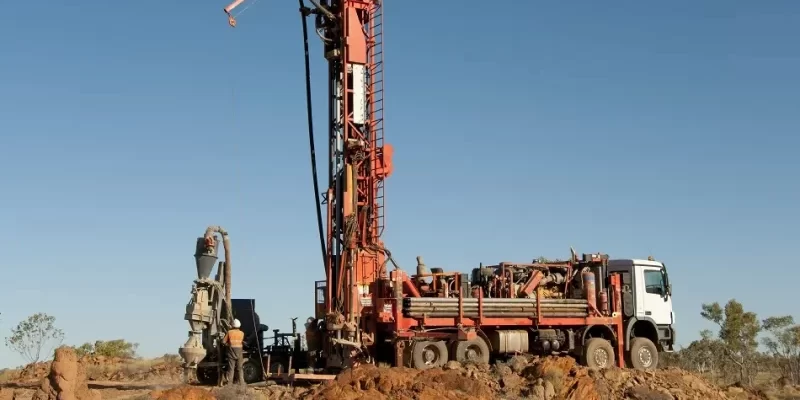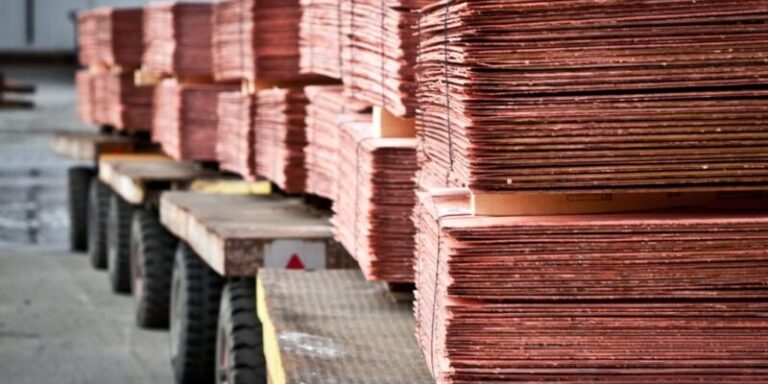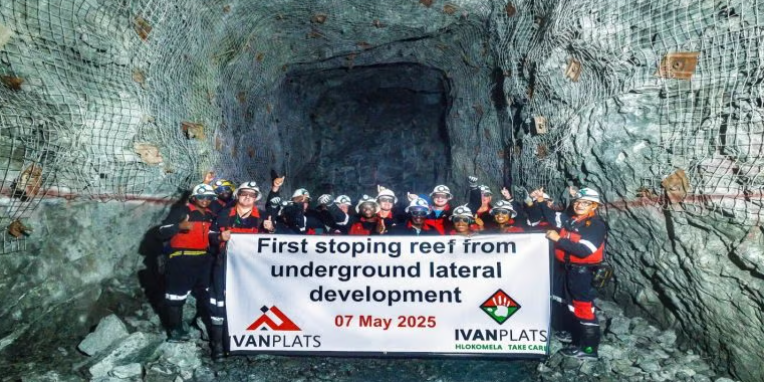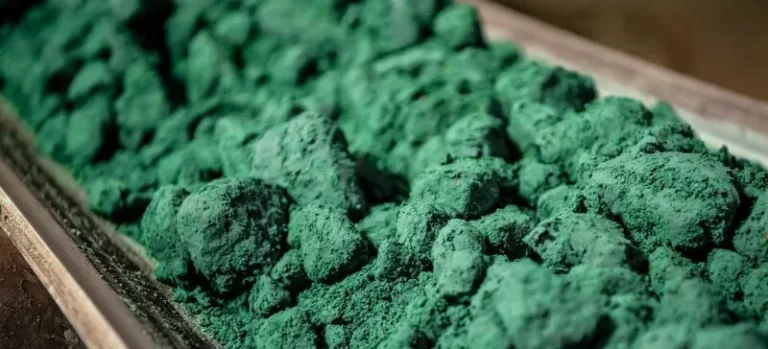
Namibia Critical Metals (NCM) has successfully completed pilot-scale hydrometallurgical tests at its Lofdal heavy rare earth project in Namibia, laying the groundwork for a pre-feasibility study (PFS) expected later this year.
Lofdal, a Tier-1 heavy rare earth deposit, is fully permitted with a 25-year mining licence and hosts significant dysprosium and terbium resources.
Recent test work at SGS Lakefield produced a high-purity rare earth carbonate product while simplifying the flow sheet, reducing reagent consumption, and eliminating crude REE precipitation, re-leach, and thorium solvent extraction.
Using a 93 kg flotation concentrate sample from the Lofdal Area 4 starter pit, test work achieved 94% recovery of terbium and dysprosium through a two-stage acid bake process at 300°C and 650°C.
Continuous high-temperature (600°C) sulphation in a rotary kiln yielded 90–94% heavy rare earth element (HREE) dissolution, while impurity removal via magnesium carbonate successfully extracted thorium, uranium, scandium, iron, and aluminum with minimal HREE loss (~2%).
A mini-pilot plant recovered REE-carbonate in two precipitation stages, producing 0.5 kg of precipitate containing 3.24% dysprosium, 0.44% terbium, and 19.3% yttrium, with thorium impurities below 0.5 g/t. Standalone re-leach tests confirmed 99.7% recovery of co-precipitated HREE, requiring no additional acid.
The Japan Organization for Metals and Energy Security (JOGMEC) has allocated an additional C$550,000 for the project, bringing its total funding commitment to over $15 million.
NCM President Darrin Campbell emphasized that the pilot results will form the foundation of the upcoming PFS report, helping the company optimize development costs amid rising inflation.






